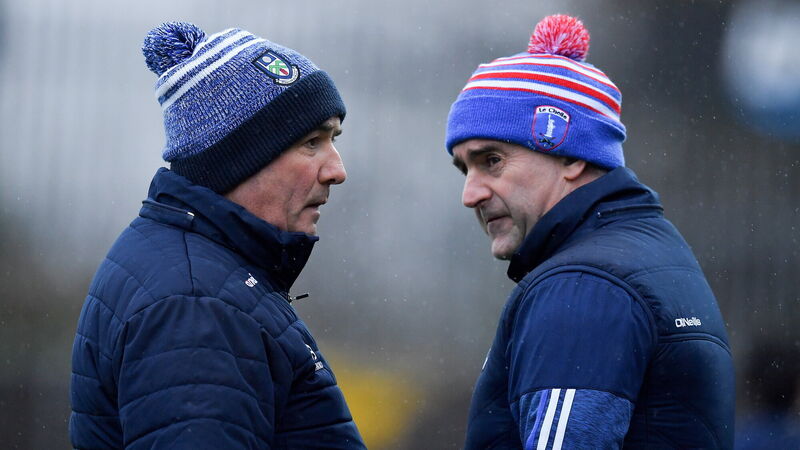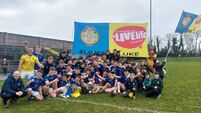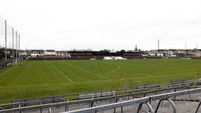Eimear Ryan: Rise of the cross-coder brings intrigue to new inter-county season

TALKING SHOP: Monaghan manager Seamus McEnaney, left, and performance coach Liam Sheedy talk tactics last Sunday’s Allianz FL Division 1 match against Tyrone. ‘Getting involved in a sport other than your primary one can be a tonic in many ways,’ writes our columnist in reference the former Tipperary hurling boss.
There are many things to get hyped for (as the kids would say) in the run-in to the 2022 GAA season, but the line-up of new managers is one of the more fascinating talking points. True, there’s a fair bit of continuit — last year’s final-contesting managers are staying on, as are Brian Lohan, Darren Gleeson, Mattie Kenny, Seamus Plunkett, Liam Cahill, and Kilkenny’s manager emeritus, But the entry of Darragh Egan, Henry Shefflin, and Michael Fennelly to the fray, lads who aren’t gone long from the inter-county scene themselves, will keep everyone on their toes.
Colm Bonnar is no stranger to inter-county management, but he’s with his home county now, and has been thrown a few curveballs already — all Tipp eyes will be on him.












